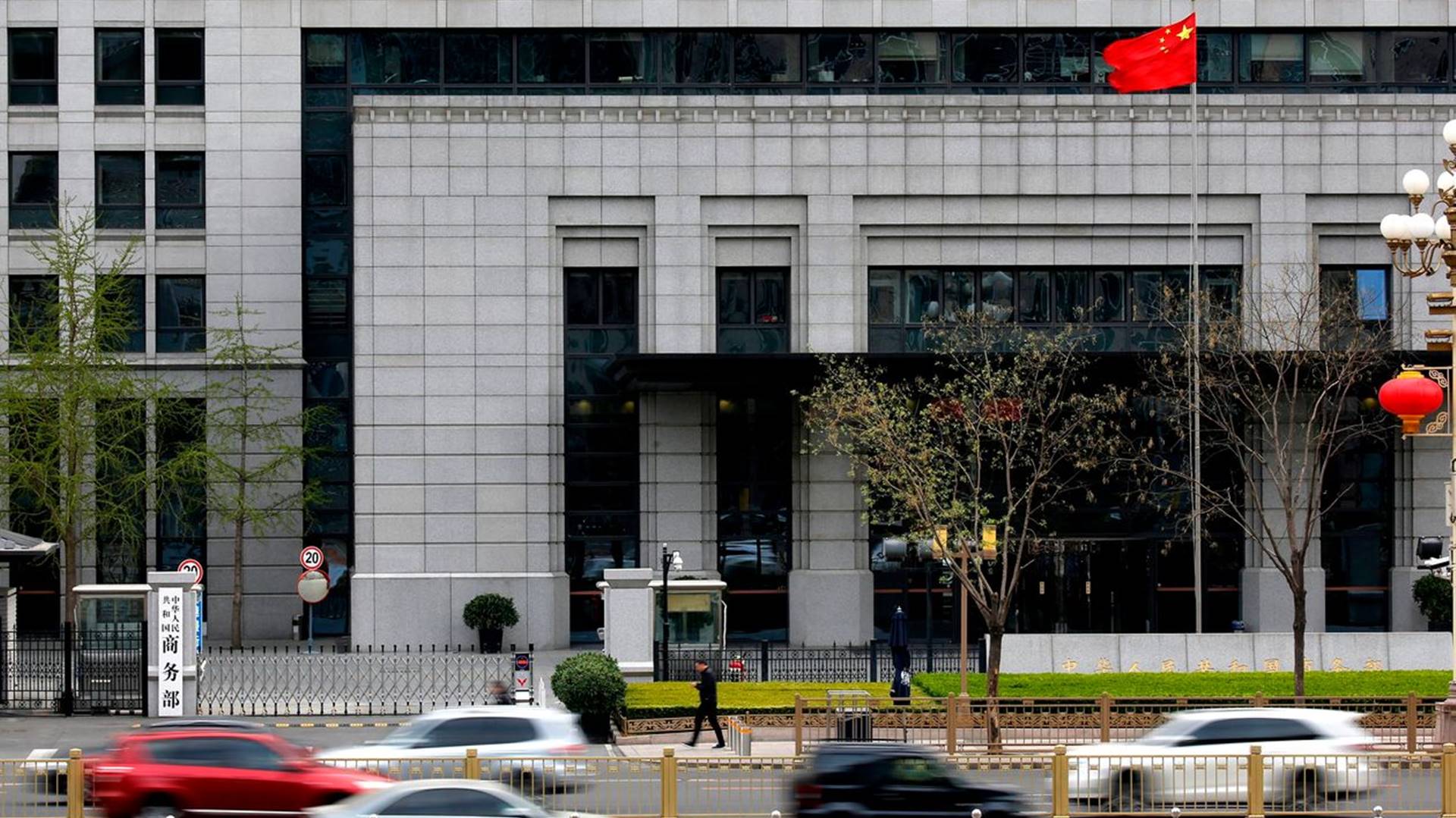Chinese government trade adviser cautions app maker to study new regulations prior to sale
China announced new restrictions on artificial intelligence technology exports that could further complicate the sale of TikTok’s U.S. operations while intensifying the tech battle between the world’s two largest economies.
The new restrictions, unveiled Friday by China’s ministries in charge of commerce and science and technology, cover such computing and data-processing technologies as text analysis, content recommendation, speech modeling, and voice-recognition.
Confirmed—Trump Attack On TikTok Is Just The Start
Technologies on the list can’t be exported without a license from local commerce authorities.
The new restrictions could throw a wrench into talks between Chinese tech firm Bytedance Ltd. and potential buyers, as the owner of TikTok faces pressure from the White House to quickly sell the popular short-video app’s U.S. operations or face an effective ban.
On Saturday, China’s official Xinhua News Agency quoted a government trade adviser as saying that ByteDance should study the new export list and “seriously and cautiously” consider whether or not it should halt its sales negotiations.
ByteDance owes its success internationally to China’s domestic technology prowess and providing updated algorithms to firms overseas is a form of technology export, the adviser—University of International Business and Economics professor Cui Fan—told Xinhua. That means that no matter who is the new operator of ByteDance’s international business, there likely will be some cross-border technology transfer, he said.
Neither Bytedance nor China’s Ministry of Commerce replied to requests for comment on the new restrictions.
Microsoft Corp., MSFT 1.03% Walmart Inc. WMT 2.69% and Oracle Corp. ORCL 1.22% have all expressed interest in the breakout app, the success of which rests on addictive video feeds powered by Bytedance’s AI-driven content-recommendation engine.
The updated list of banned and restricted technology exports, which spans agriculture, pharmaceutical, and other industries, also specified new restrictions on laser technology, cryptography, chip design, and other high-tech categories.
China last made changes to its technology export list in 2008, the Commerce Ministry said in a statement posted on the Chinese government’s website. It said adjusting the list was imperative, given the rapid development of science and technology and China’s “continuous improvement” in industrial competitiveness.
TikTok, says it’s considering the UK as an option for its global HQ
Technology is increasingly central to the geopolitical clash between the U.S. and China. In addition to TikTok, the White House has also targeted a growing number of Chinese tech firms, namely telecom giant Huawei Technologies Co. and Tencent Holdings. TCEHY -1.11%
Over the past two years, the U.S. government has campaigned to blacklist Huawei’s 5G technology globally—with increasing effectiveness—citing security risks associated with its ties to the Chinese government. The Trump administration has also curbed Huawei’s access to foreign-made chips, squeezing its ability to source parts.
Tencent’s messaging app WeChat, which serves as a crucial bridge between U.S. businesses and the Chinese market, faces the same effective ban as the TikTok app, on national-security grounds.
In the past year, the U.S. government has also imposed strict restrictions on Chinese companies and individuals buying American technology. Dozens have been put on a U.S. Commerce Department blacklist since October. They can’t purchase certain technologies without a license, with the Trump administration citing human-rights abuses in the far-western Chinese region of Xinjiang and other national-security concerns.
WSJ / Balkantimes.press
Napomena o autorskim pravima: Dozvoljeno preuzimanje sadržaja isključivo uz navođenje linka prema stranici našeg portala sa koje je sadržaj preuzet. Stavovi izraženi u ovom tekstu autorovi su i ne odražavaju nužno uredničku politiku The Balkantimes Press.
Copyright Notice: It is allowed to download the content only by providing a link to the page of our portal from which the content was downloaded. The views expressed in this text are those of the authors and do not necessarily reflect the editorial policies of The Balkantimes Press.

